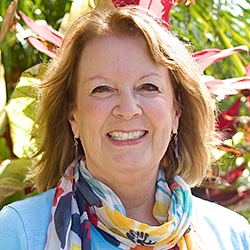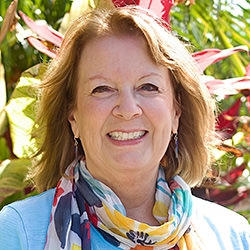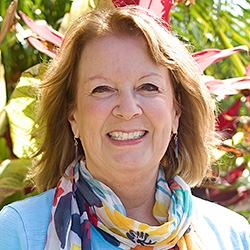
NVC Resources on Intention
-
Here's a practice for cultivating more awareness of our thinking and choices, when our feelings and thoughts become stimulated.
-
Recalling Krishnamurti, Marshall referred to the capability of distinguishing observation vs observation mixed with evaluation as "the highest form of human intelligence." Read on for an exercise to help practice the skill of observation in combination with mindful walking.
-
Trainer Tip: Is there something you would like more of in your life right now? Try not to look to other people to provide the kind of experiences you want. Can you think of a way that you can be the change you seek? See if responding to the people the way you would want them to respond to you shifts something. Read on for an example of how.
-
Trainer Tip: When in a conflict that doesn’t seem to have a solution being aware of your needs, and then being creative and flexible about getting them met, can go a long way to coming up with creative solutions that work for everyone.
-
Have you ever had the experience of being truly heard and understood by another person? Or felt the astounding, breath-taking connection that arises when someone sheds all preconceived notions, gives you their full presence, and really sees you?
We call this The Amazing Power of Empathy – and the power does not stop there.
- Cultivate thriving interpersonal relationships
- Discover paths to move beyond anger, blame, and judgment
- Connect with the Divine essence in other people
- Experience greater ease and joy in all your interactions
-
CNVC Certified Trainer, Yoram Mosenzon has a vision… he sees mediation as a basic life skill that could be taught in schools starting at the age of three. He dreams of a world where all human beings have mediation skills to support understanding, cooperation, and connection when conflicts arise.
-
Often patients need enough emotional space to reduce any inner stuckness in their situation. They need to do this before they can adequately absorb information or effectively take next steps. Empathy can help with this. Empathy requires an intention to connect non-judgmentally. This gets better with practice. Read on for examples of how a situation can play out with, and without, empathy. And the difference it makes in healthcare.
-
If we are to transform the existing social order, and shift to a mode of liberation for all, we'll need to look at our own participation in it. This includes how much we are able to focus on keeping our hearts open; speak to impact without attributing intention; and retain a humility that includes our systemic context. Read on for "how to" when we are in a position of less power.
-
Listen to Miki Kashtan explain the importance of intention in developing our skill at creating solutions that work for everyone. Neither fighting nor giving up are qualities of nonviolence, but rather a fierce determination to hold the needs of all parties may arise.
-
Trainer Tip: Sometimes when we look to fix someone's problems we think we're doing it to make them feel better, but in reality we are uncomfortable and we want to feel better. Instead of assuming you know what their problem is or what they need, listen deeply. Your listening presence can bring relief to the both of you and provide additional opportunities for healing. And along the way they may find their own way to a solution.











